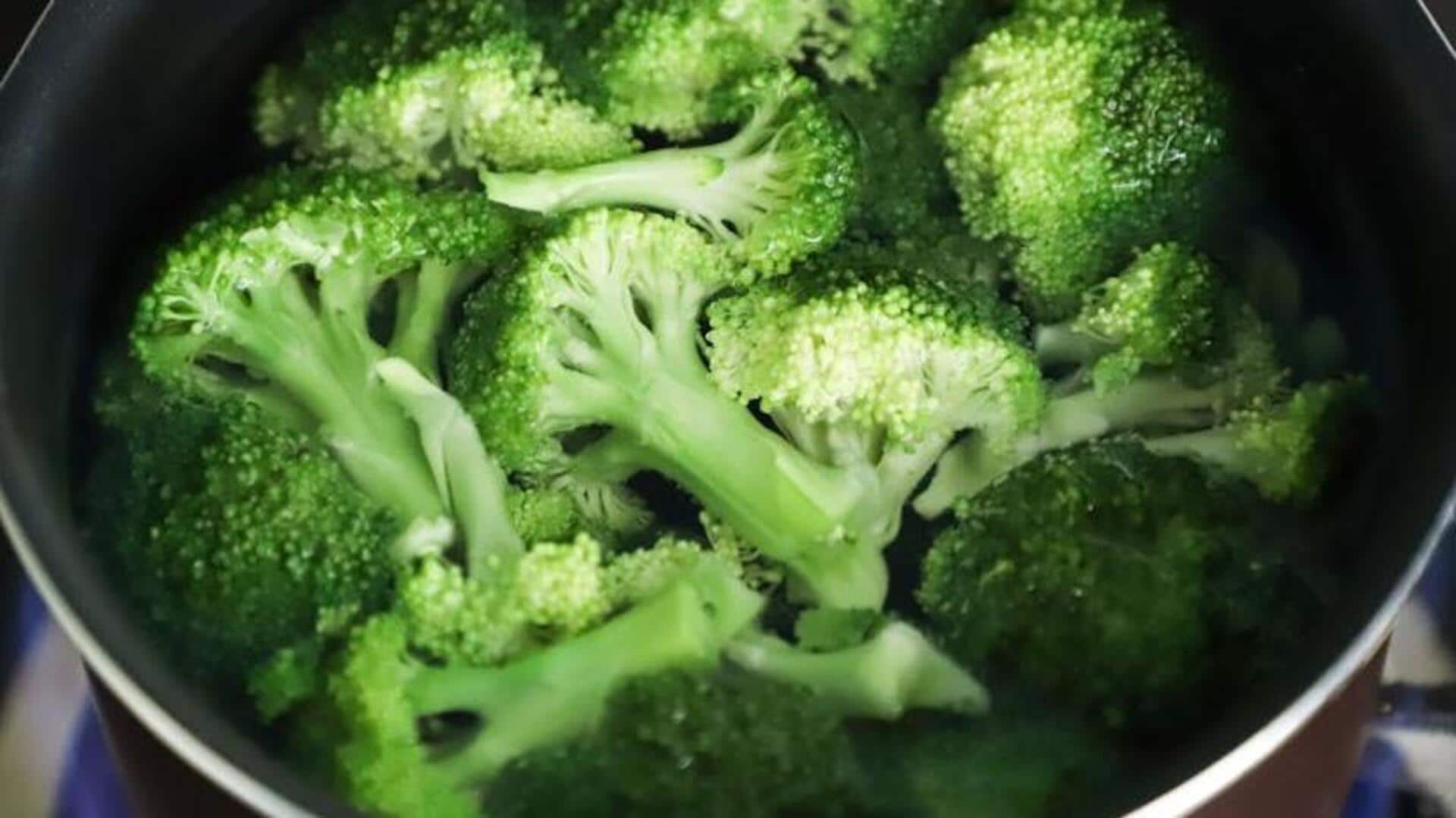
The bright boost of broccoli: A sulforaphane source
What's the story
Broccoli, the green cruciferous vegetable, is a nutritional powerhouse and one of the richest sources of sulforaphane, a compound with numerous health benefits. This article explores why broccoli deserves the title of superfood, highlighting its exceptional sulforaphane content and how including it in your diet can have a positive impact on your health.
Compound benefits
Unveiling the power of sulforaphane
Sulforaphane is a natural plant compound found in abundance in broccoli. Studies indicate it significantly boosts antioxidant defenses and reduces inflammation. A single cup of broccoli delivers around 2.5 grams of fiber, vitamins C and K, iron, and potassium, along with sulforaphane that aids in detoxification and fights free radical damage.
Incorporation tips
Broccoli in your daily diet
Adding broccoli to your everyday meals can be easy and tasty. You can steam it, saute it, or enjoy it raw in salads. And, if you're aiming to get the most sulforaphane, research indicates that lightly steaming broccoli (around three to five minutes) optimally retains its nutrient content while enhancing the bioavailability of the compound.
Recipe ideas
Creative culinary creations with broccoli
If you want to make your meals exciting and benefit from broccoli's nutrient profile, try different recipes. You can make a creamy soup out of broccoli, roast it with garlic for a delicious side dish, or toss it into pasta dishes for added nutrition. Each serving not only adds flavor but also provides a significant portion of your daily nutrient needs.
Absorption enhancement
Maximizing sulforaphane absorption
Maximizing sulforaphane absorption from broccoli requires a few easy tricks. Pairing broccoli with mustard powder (or other myrosinase-rich foods) can supercharge sulforaphane absorption by a whopping 30%. Don't forget to drizzle some olive oil (or any healthy fat) to help your body soak up all those fat-soluble vitamins hiding in the green goodness.